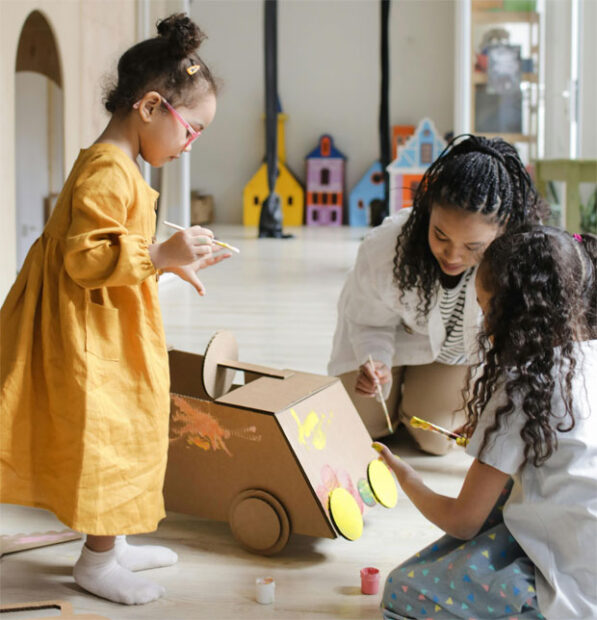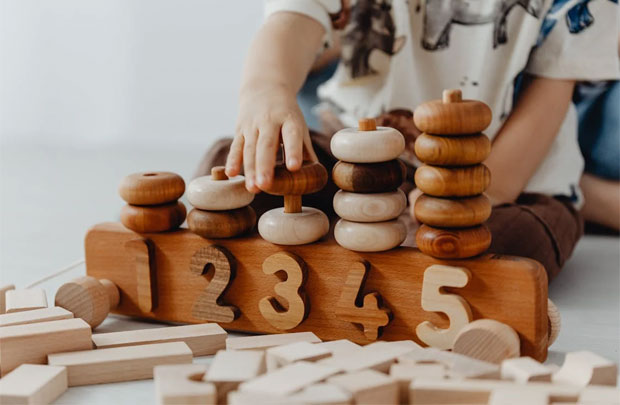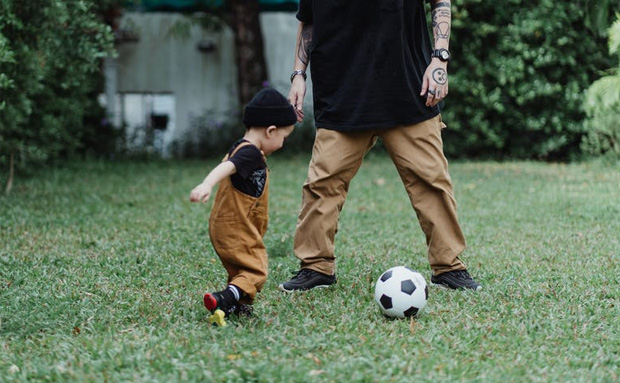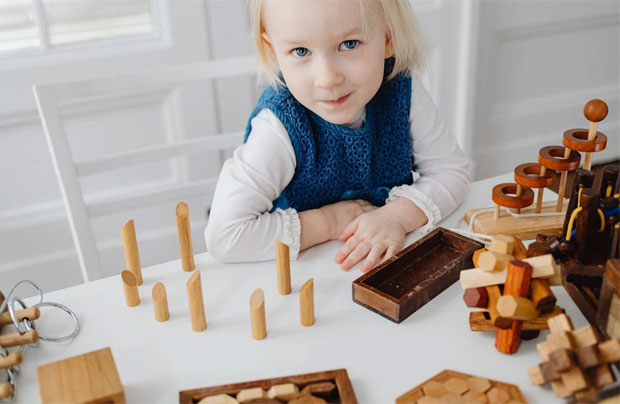How Specialty Preschools Can Set Your Child Up for Success

The Montessori Approach: Cultivating Independence and Curiosity
Specialty preschools like Montessori schools offer an environment where children are encouraged to explore and learn at their own pace. This approach nurtures a child’s natural curiosity and fosters a love for learning. By interacting freely with specially developed learning materials for extended periods, children develop self-discipline and independence.
One of the fundamental principles in a Montessori setting is providing children with unstructured time to choose their learning activities. According to a report in Psychology Today, in these schools, younger children often have the chance to engage with educational resources for up to three continuous hours. This framework allows them to delve deeply into their chosen activities, promoting concentration and a sense of accomplishment.
The unpressured and supportive environment of Montessori schools lays a strong foundation for lifelong learning and personal development. Children not only learn academic subjects but also acquire essential life skills such as problem-solving, critical thinking, and emotional intelligence. These skills are integral to navigating complex situations in both academic and real-world settings. By fostering a child’s innate ability to learn and grow, Montessori education contributes positively to their success later in life, equipping them with the resilience to thrive in a fast-changing world.

Language Development: The Benefits of Learning a Second Language Early
Language acquisition is a crucial aspect of early childhood education that can have long-term cognitive and social benefits. At specialty preschools, children are often introduced to foreign languages during their most impressionable years. This early exposure is vital, as young children can learn a new language with vibrant fluency and an authentic accent. When children are immersed in a new language at a young age, they tend to absorb its nuances in an almost effortless way.
There is a cognitive window of opportunity for children up to the age of 7 or 8, during which they can effortlessly grasp a second language’s grammar and phonetics. Experts suggest that this period is critical because, after it, the ease with which children can pick up new languages starts to decline. Thus, specialty preschools that offer bilingual or multilingual programs give children an invaluable head start in global communication skills.
A bilingual education not only enhances a child’s linguistic abilities but also improves cognitive functions such as multitasking, memory, and creativity. These enhanced skills can help children excel academically and socially. By equipping children with the ability to communicate across cultures, specialty preschools prepare them for success in an increasingly interconnected world.

Physical Development: The Role of Sports in Early Education
The incorporation of sports and physical activities in early childhood education promotes physical development and inspires a healthy lifestyle. Specialty preschools often have programs that combine learning with movement, ensuring that children develop a strong physical foundation alongside their cognitive growth. Participation in sports from a young age teaches children essential motor skills and how to better control their bodies.
Engaging in physical activities positively influences motor functions such as coordination, balance, and both fine and gross motor skills. According to insights from Love to Know, early involvement in sports can significantly enhance a child’s ability to coordinate movements and execute physical tasks efficiently. As children gain confidence in their physical capabilities, they also develop resilience and teamwork abilities.
Physical education in preschools does more than just develop athletic prowess; it also impacts a child’s social behaviour and emotional well-being. When children learn sportsmanship, fairness, and how to cooperate with peers, they develop essential interpersonal skills. These qualities contribute to well-rounded personal development and prepare children to face future challenges with a positive attitude.

Conclusion
Specialty preschools provide a unique educational experience that sets children up for future success. Whether through the Montessori approach, early language acquisition, or physical education, these schools offer programs that nurture the whole child—academically, socially, and emotionally. By giving children the tools they need to be independent, curious, bilingual, and physically active, specialty preschools provide an environment where children can develop into well-rounded individuals ready to face the challenges of the world. Investing in a specialty preschool education is investing in a child’s future, helping them build the skills that will serve them for years to come.
Guest Article.




